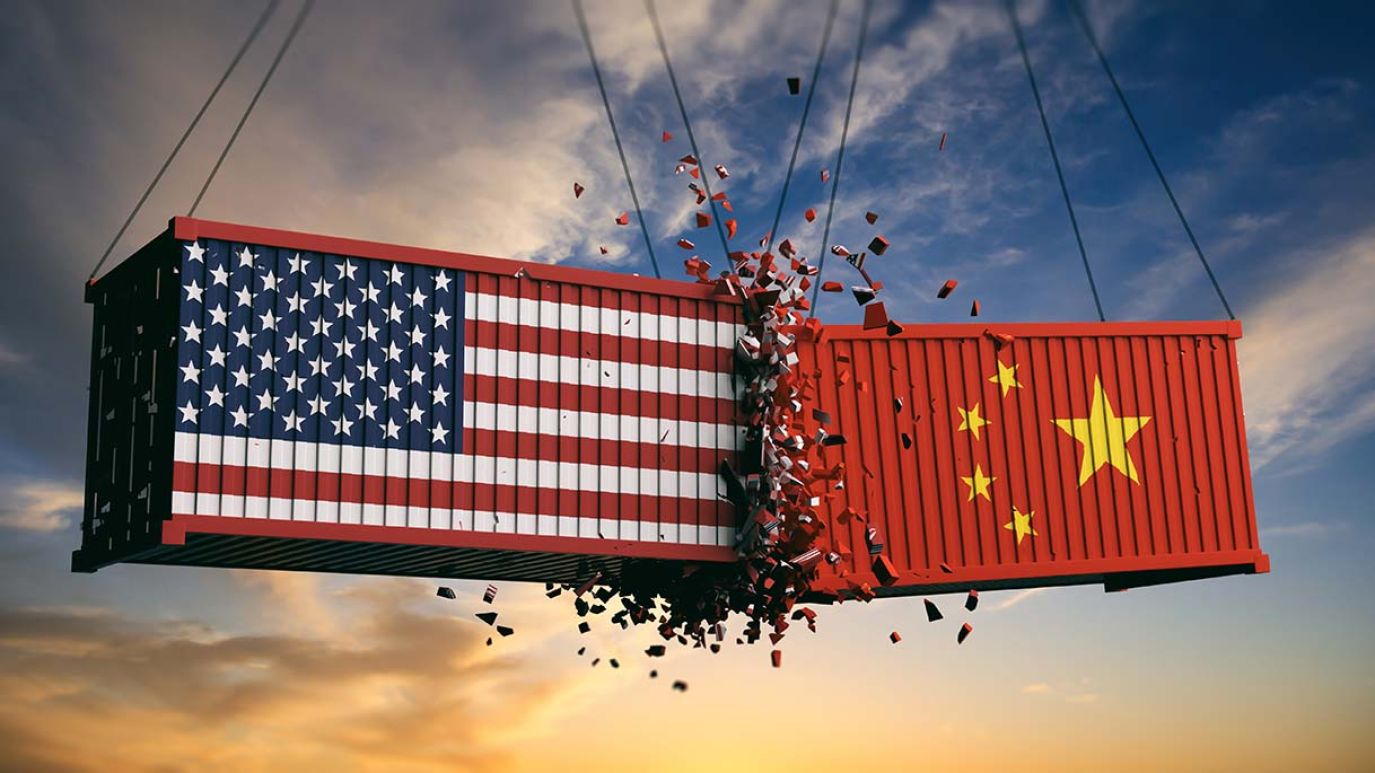China targets US companies

After five years of trade and technology restrictions placed on China, spearheaded by the Donald Trump and Joe Biden administrations, Chinese authorities are increasingly targeting US and Western interests in retaliation. In recent months, China has begun to punish US firms for military sales to Taiwan, CHIPS Act restrictions, perceived or contrived infosec vulnerabilities, and domestic financial misconduct.
On 16 February China’s Ministry of Commerce (MOFCOM) placed new sanctions on US weapons companies Lockheed Martin and Raytheon Missiles & Defense and placed them on China’s Unreliable Entity List, fining them $14 billion – both firms reportedly have ignored the fines. In April, MOFCOM announced sanctions against senior executives of these two companies, which are major arms suppliers to Taiwan, and prohibited Chinese firms from dealing with them.
In recent months, Chinese officials have also launched an investigation into US semiconductor company Micron Technology citing national security concerns. Beijing sees Micron as a strong backer of US semiconductor export controls targeting China. Chinese officials have also raided US due diligence firm Mintz, detained a senior executive – a Japanese citizen of China for more than two decades – from Japan’s Astellas Pharma group, and placed a record $31 million fine on Deloitte for “audit deficiencies”.
President Xi Jinping’s administration is now also considering banning the export of materials that are vital to the automotive industry. The prohibition of Chinese exports of certain rare-earth materials and magnet technologies and limiting alloy technology, on which the US is heavily reliant, could damage the US electric vehicle (EV) industry as rare earth metals are essential for making motors for EVs.
China is also prioritizing economic security and has redoubled its financial security inspections. In 2022 the central government dispatched inspection teams to 25 of the country’s major financial institutions, and this year sent extra teams to five additional large state-owned banks, investment, and insurance companies. These investigations could spread to some US companies operating in China’s financial sector or working with Chinese companies suspected of abusing the financial system.
Pamir judges that despite efforts to attract more foreign investment and retain foreign companies in China, Beijing’s latest retaliations against US and foreign companies signal the Chinese Communist Party’s intention of imposing greater control over China’s business environment. Pamir offers five recommendations to navigate China’s rapidly evolving risk environment:
- Increase internal risk control measures.
- Develop internal early warning risk indicators to monitor Chinese government policy shifts, social media disinformation campaigns, foreign brand-bashing, etc.
- Cultivate both local and central government relations to avoid being targeted and help manage crisis situations.
- Identify and mitigate supply chain vulnerabilities.
- Craft a comprehensive China risk strategy.
We assess that China’s coercive economic measures, such as harassment, intrusion, investigation, and retaliation against US and foreign companies, will continue to trend upward as China’s internal security controls tighten and US-China friction grows. As in recent incidents, there may be no forewarning from observable sources.
The business environment in China is increasingly unpredictable and we advise that cultivating effective relations with the Chinese government is essential for US and Western companies. To find out more get in touch.
Pamir Consulting offers strategic consulting and advisory services centered on market risk assessment to companies that are seeking to invest or have already invested in China. We help you to identify and understand threats to your business, and provide strategic mitigation services that eliminate negative impact, saving costs and protecting your reputation – so you can thrive in China.
China’s 5G influence in developing economies
China’s Belt and Road Initiative and its digital counterpart, the Digital Silk Road, threaten to displace US telecom and tech companies in developing economies in Africa, Latin America and the Middle East. How can US operators and network providers stand up to the challenge?